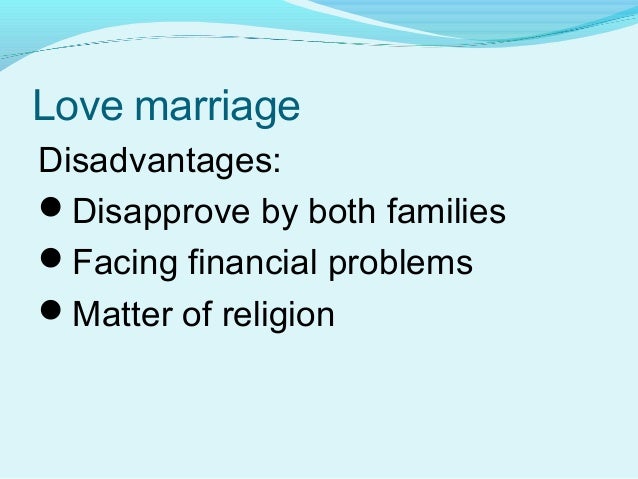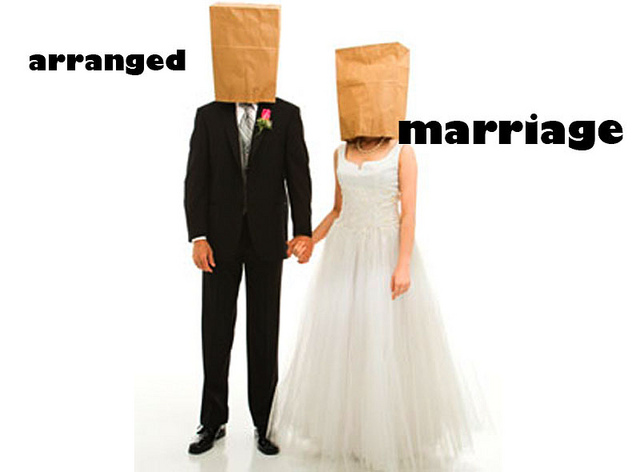

In the general view of those who believe in individualism, the personal practice of ones goals and desires is highly commended, while the interference of external power, such as society and family, is firmly opposed. Had anyone tried to arrange my marriage, I would have been defiant and rebellious! (Nanda 195).Īs a young American woman in India for the first time, Nanda finds the arranged marriage is opposed to her belief that individuals should choose their lifetime partner by themselves. It also clashed with my strongly held notions that the choice of such an intimate and permanent relationship could be made only by the individuals involved. How could any intelligent custom of arrangement young person agree to such a marriage without great reluctance? It was contrary to everything I believed about the importance of romantic love as the only basis of a happy marriage. Serena Nanda criticizes arranged marriage in an agitated tone at the beginning of her article, ∺rranging a Marriage in India. Unlike the wide acceptance of romantic love, arranged marriage is often regarded by Westerners as an oppressive way to build lifetime relationships. Dumass parents believe romantic love may give their daughter a chance to choose a really kind person whom their daughter really loves and lead to a happier marriage. As described by Dumas, at that very moment, my mother threw aside everything she and her generation knew about marriage and entered a new world where daughters selects their own husband (Dumas 77). After dining out and having a delighted conversation with Francois, Dumass parents soon accept that Francois is the best husband for their daughter. However, although Dumass parents and almost all their siblings marriages have been arranged by family members, it does not take long for them to accept Francois, the man Dumas wants to marry.

Dating, as described in the article, is like the rodeo circuit or trout farming, is a completely foreign concept to parents (Dumas 75). Dumass family is deeply affected by the traditional Eastern Culture. Thus, arranged marriage is not only a combination of husband and wife but also a union of two families in Easterner cultures.ĭumas shows changes of attitude and good hope of her family, an immigrant family from Iran, towards her romantic love with a Frenchman in The Wedding. According to Bhopal (1999), arranged marriages are seen as an agreement between two families rather than two individuals, and are based on a contract where both sides have to fulfill their obligations (Madathil).

In the Eastern cultures, however, marriage is regarded as the primary pre-requisite for a relationship and it is often arranged by family members. Since marriage is not the primary task of starting a relationship, family members are not likely to get involved when a person is starting a relationship. In Western cultures, mates select one another directly based on interpersonal attraction. The processes of choosing a lifetime partner dramatically differ between Western and Eastern cultures. Romantic love is attractive, whereas the existence of the tight family relationship in Eastern culture makes the arranged marriage more reliable and rational therefore Chinas partially arranged marriage stands in a good middle ground. For instance, Firoozeh Dumas, an Iranian- American, shows her good hope of the American-style romantic love in the article The Wedding. They cannot help but ask which process of mate selection will lead to happy lives. The relationship between marriage and happiness seems to be a perpetual topic for people, especially for women. However, the writer, Jane Austen, who has the same determination as Elizabeth, failed to marry in her lifetime. In the novel Pride and Prejudice, intelligent Elizabeth has determined that only the deepest love will induce into matrimony. The Gate to Marriage: Benefits and Detriments of Arranged Marriage


 0 kommentar(er)
0 kommentar(er)
